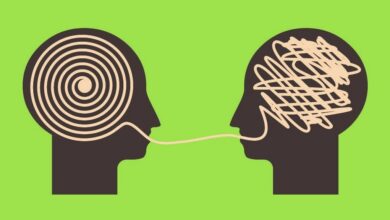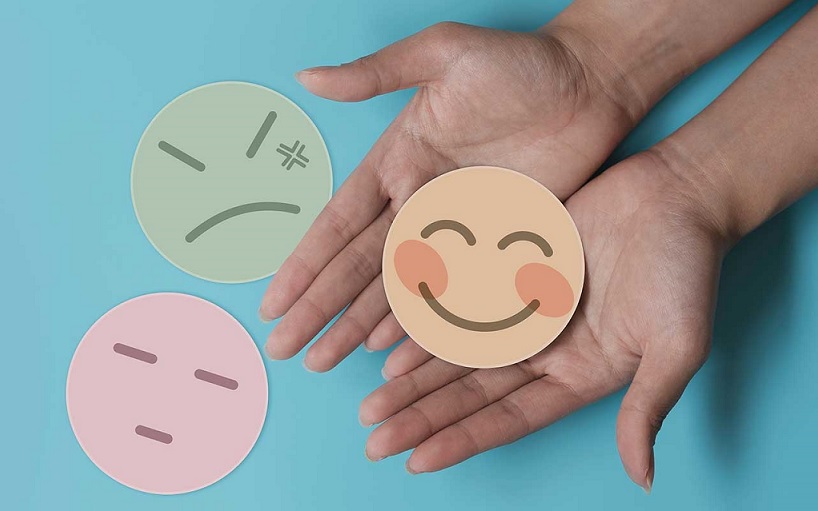Prioritizing Your Mental Health for a Happier Life
Mind-Body Techniques for Stress Management
Practices like yoga, tai chi, and deep breathing exercises can help manage stress and promote relaxation.
The Power of Positive Thinking
Cultivating a positive mindset can influence how we perceive and respond to life’s challenges, leading to better mental health outcomes.
Embracing Self-Care Practices
Taking time for self-care activities, such as hobbies, leisure, and rest, is essential for recharging and maintaining emotional balance.
Conclusion
Prioritizing mental health is not only a personal responsibility but a key factor in leading a happier and more fulfilling life. By understanding the importance of mental well-being, recognizing the signs of mental health issues, and implementing practical strategies, individuals can embark on a journey toward improved mental health and overall well-being.
FAQs
- What is the link between physical and mental health?
- Physical and mental health are interconnected, with one significantly influencing the other. Engaging in activities that promote physical well-being can positively impact mental health and vice versa.
- When should I seek professional help for my mental health?
- If you notice persistent changes in your mood, behavior, or thought patterns that interfere with daily life, seeking professional help is advisable.
- Can practicing mindfulness really improve my mental health?
- Yes, mindfulness practices have been shown to reduce stress, enhance emotional regulation, and improve overall mental well-being.
- How can I promote good mental health in my children?
- Open communication, teaching healthy coping mechanisms, and fostering a supportive environment can contribute to positive mental health outcomes in children.
- What role does nutrition play in mental well-being?
- A balanced diet rich in essential nutrients supports brain function and mood regulation, contributing to better mental health.





